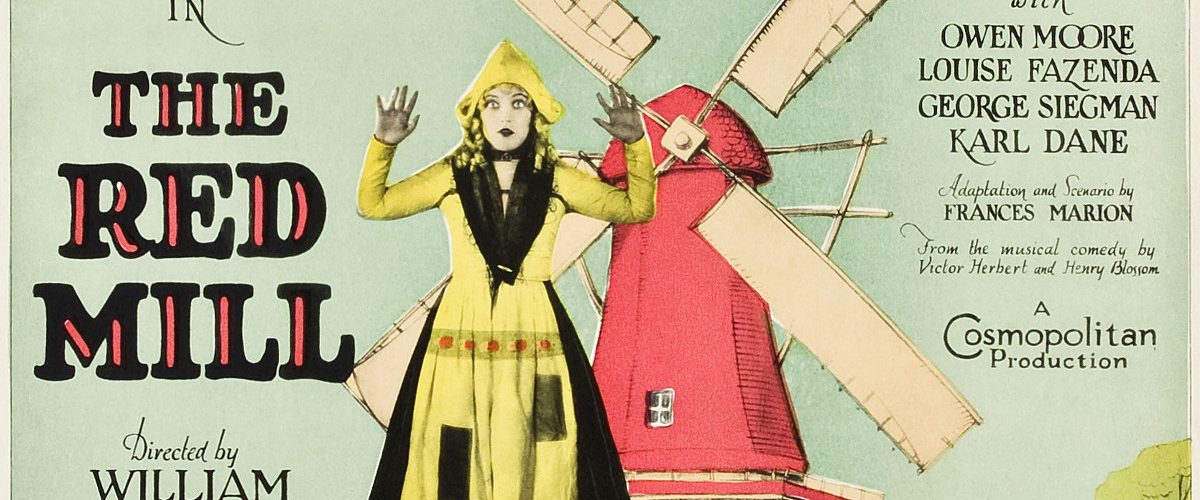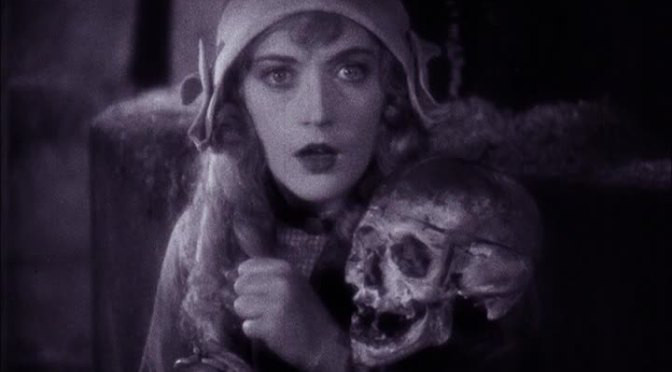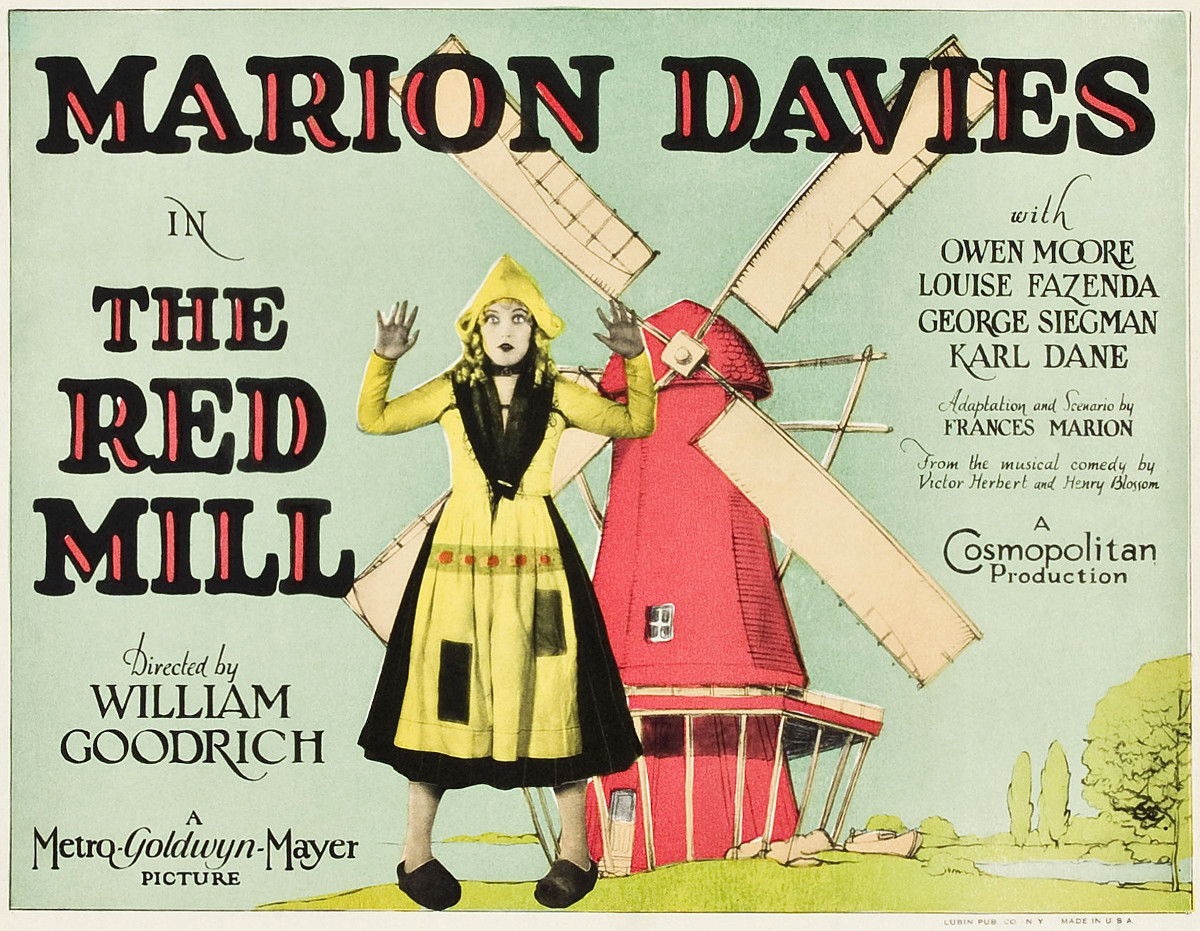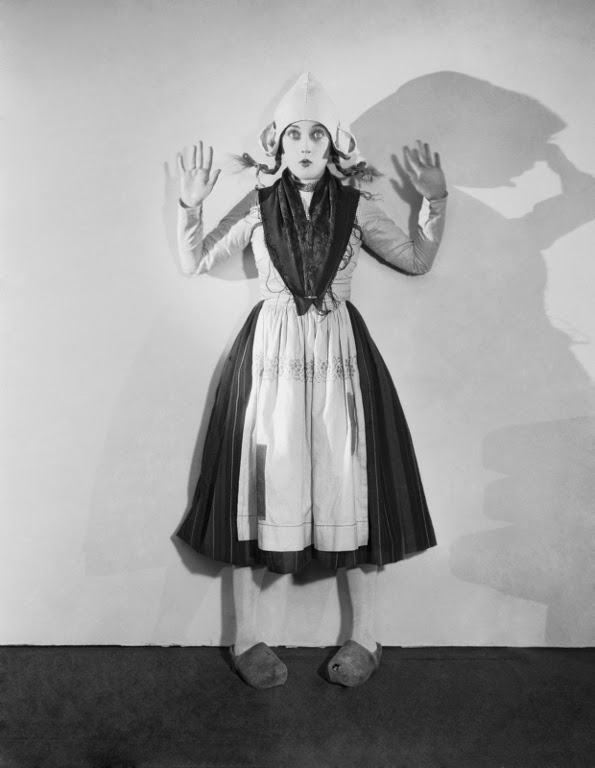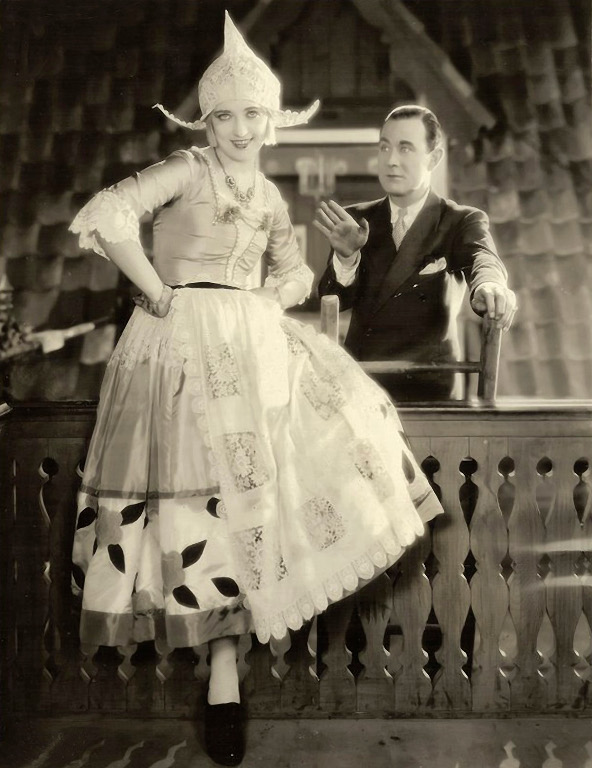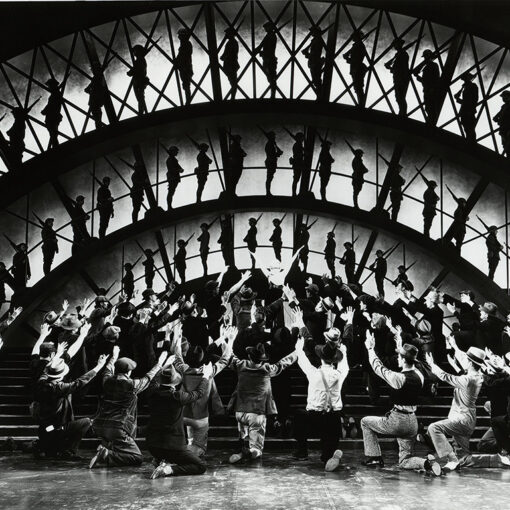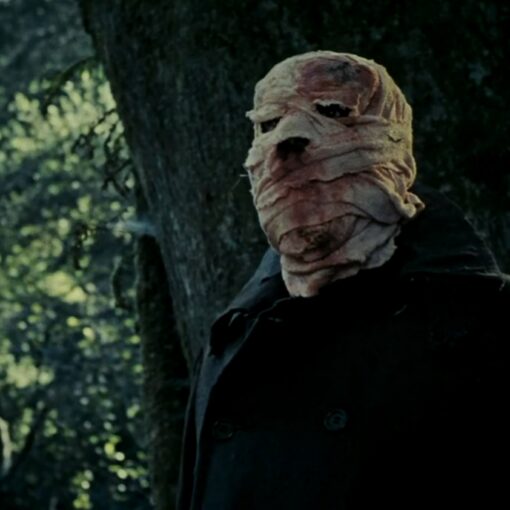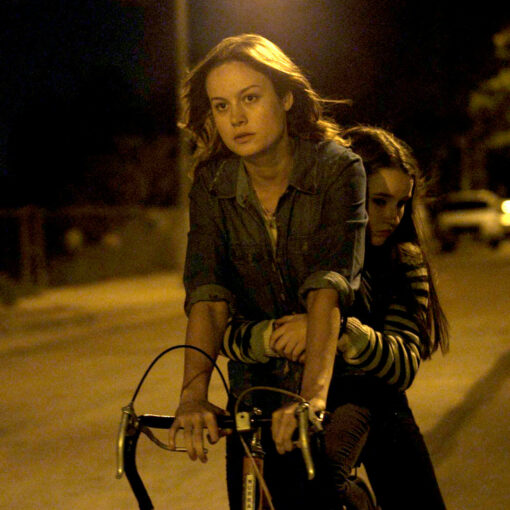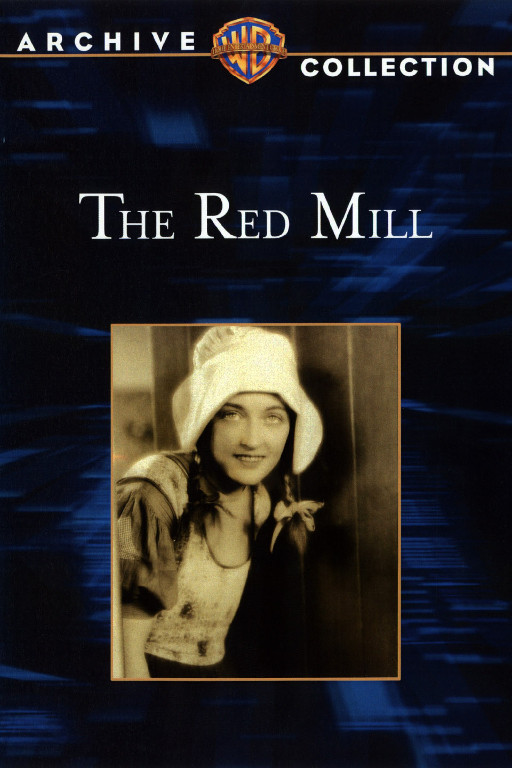 | Original title: The Red Mill |
Rating:  (4 / 5) (4 / 5) | |
| Year: 1927 | |
| Director: Roscoe 'Fatty' Arbuckle | |
| Duration: 74 min. | |
| Genres: Comedy, Romance |
May the devil and ghosts come and get you...you Spitzboop!
The Red Mill
Last month or so somebody accidentally pointed me towards the Warner Archive Collection. It’s a treasure trove of old films that are really difficult to find. The only downside if you live where I live is that they are all region coded to the US of A. You’d have to play them on your computer or on a US region or region free player. Luckily I have one of those so I went and ordered a few I had been looking for for quite some time now. The first one of the bunch to find its way into my player was The Red Mill, a silent romantic comedy.
It’s directed by a William Goodrich (who?). Turns out that’s actually a pseudonym for Roscoe ‘Fatty’ Arbuckle, a huge silent film star from the 1910’s and 20’s known for acting and directing a ginormous amount of shorts and feature films. According to his wikipedia page he discovered Buster Keaton and Bob Hope, and even mentored Charles Chaplin. His story is a strange one, because why would a famous star use an alias? In 1921 and 1922 Arbuckle found his way into court more often than onto a film set, being tried for rape and murder of an actress, Virginia Rappe. Despite eventually being acquitted the scandals were there and he felt that he had to resort to using the alias of William Goodrich to continue making films.
I never believed in love
at first sight until I
took a second look at
you.
The Netherlands!
The great thing about this film for me as Dutchie was that it took place in ‘Holland’, quotes included. Perhaps those were added because it didn’t take place in Holland but on some finely crafted sets over at the MGM studio’s in Hollywood. Or perhaps because there is no country called Holland, with or without quotes. Either way, they really went all-out and included every single prejudice and stereotype about the Dutch they could think of. Everyone walks on clogs, wooden shoes. Everyone wears traditional fisherman’s village outfits I doubt many people were wearing even in those days. There were windmills, of course. And snow, rain, tulip beds.. Am I forgetting something?
It makes it extra funny that they used the word Spitzboop in one of the intertitles. It’s not a Dutch word but a German one (oops). In German, Spitzbube means something along the lines of petty criminal. Perhaps scallywag is a more fitting translation. Putting that little mix-up aside a lot of the intertitles are actually really lighthearted and funny. They follow the film, which has a similar lightheartedness going with its characters and story. The balance is perfect. It’s mever too corny, nor does it ever get too silly and it most certainly never gets too serious. It reminds me a lot of the mood Chaplin sets in his films. He too combines a slightly subtle (compared to his peers) form of slapstick with elements of drama and romance that make you care about the characters involved.
OOo! If only I could
call you in English
what I'm thinking in
Dutch!
About the film
The film itself, like most of the films from its time, is pretty straight forward. Marion Davies gives a great performance as clumsy barmaid Tina at a Dutch tavern. The owner of the tavern is a kind man… the mean kind. He keeps Tina locked up and busy scrubbing floors and ironing sheets. Davies provides quite a few slapstick scenes. One that stands out is when she tries to assemble a new ironing board. In her defense that thing really didn’t make any sense at all. More comedy is provided by the last billed player, or rather his victims. I’m talking about Ignatz, who – according to the intertitles – plays himself, a mouse. He boldly goes where no mouse has gone before to cause mayhem among the female population of the little Dutch town.
Another standout supporting role is the one of Caesar, a little fellow about four years ahead of his time. This little Caesar is played by Snitz Edwards, but he is by no means the big shot criminal that his 1931 successor was. Sadly he never made a dent in the talkies and The Red Mill is one of his last performances. Fans may know him from the 1925 version of The Phantom of the Opera or 1924’s The Thief of Bagdad. George Siegmann plays the evil bar owner. He throws some seriously nasty looks towards the camera a few times. The role of Dennis, Tina’s love interest, is played by Owen Moore. He did okay, but nothing special. The same goes for the other players, Louise Fazenda (Gretchen) and Carl Dane (Jacop).
It wasn't the dams but
the damsels that had
attracted Dennis Wheat
to Holland.
The Red Mill is really only called The Haunted Mill in the film. It’s a place where those who annoy the tavern owner go to be taken away by the devil and ghosts. And an evil pants-ripping piece of iron. The scenes in and around the mill are actually really good and offer a great deal more than just the comedy and romance found elsewhere. Do yourself a favour and find this hidden gem of silent cinema and explore the absurdly stereotypical world of the Dutch. Go on a romantic adventure with Hans, Jacop, Willem and others. The Red Mill is simply a really nice film. Maybe not as good as many better known silents, but it really leaves you with a happy and content feeling.
